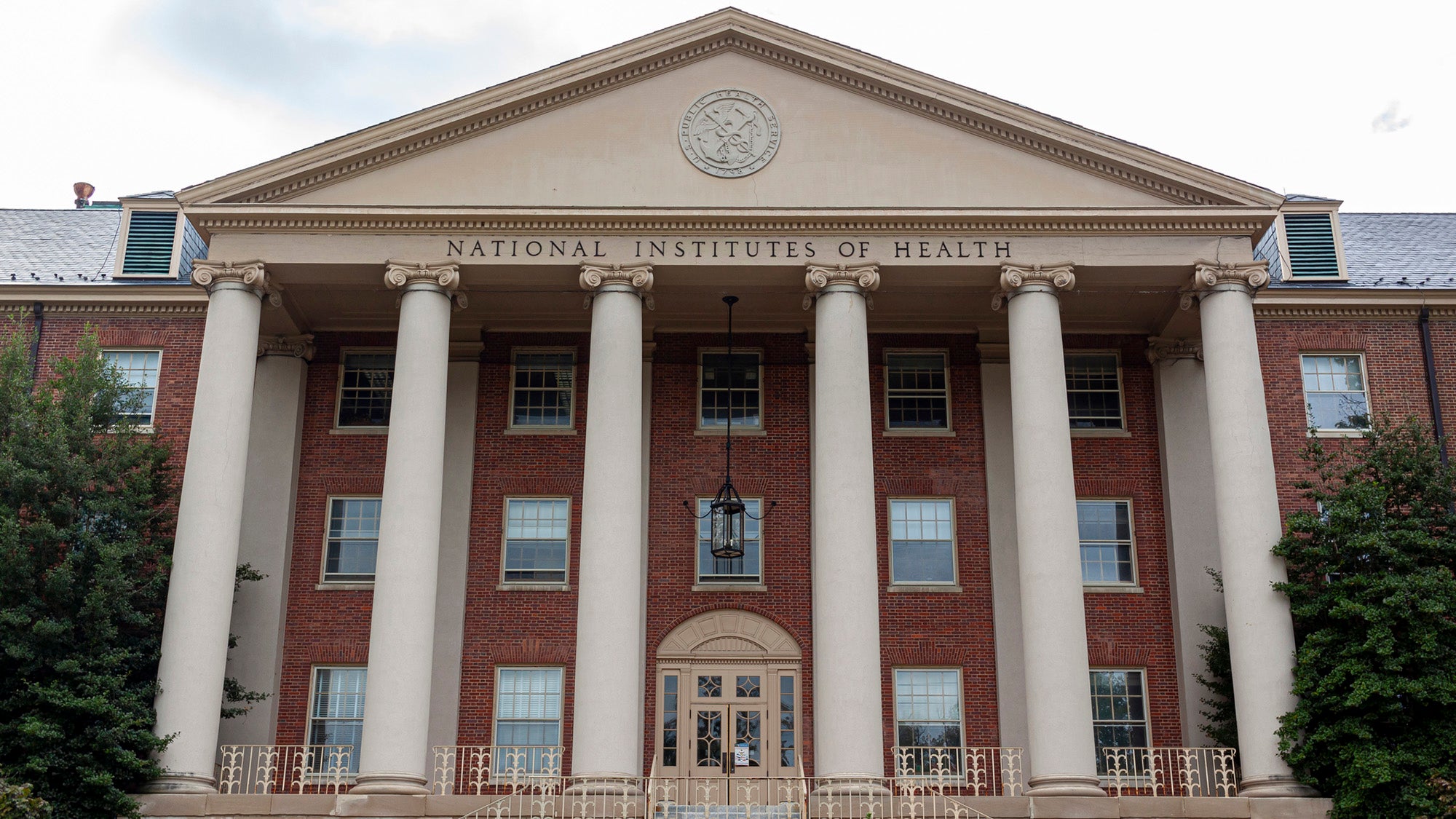Assessing impact of federal research funding cuts on long COVID, other chronic diseases

Cuts to federal health funding are threatening research across a wide range of chronic diseases, from autoimmune disease to cognitive decline to cancer, according to experts.
A June 3 Health Central article highlighted various research programs at risk, including that of Beth Stelson, postdoctoral research fellow in the Department of Epidemiology at Harvard T.H. Chan School of Public Health. Working with the Patient-Led Research Collaborative, Stelson investigates long COVID, a condition that can develop after infection and manifest as over 200 different symptoms across multiple organs. She said that potential funding cuts would affect progress on understanding and treating patients’ symptoms.
Stelson also commented on the closing of the Office of Long COVID Research and Practice, which helped coordinate long COVID research across the nation. “Usually we have a very siloed approach in the government,” she said. “[The office] was a way to bring together the research that we need for our communities and the services that patients and caregivers need. It was a new model that was going to be more efficient—and it was cut in the name of efficiency.”
The article noted that one long COVID research program—Researching COVID to Enhance Recovery (RECOVER)—was rescued from the chopping block through patient advocacy. The $1.7 billion program, initially cut by the National Institutes of Health, was restored after pushback from the long COVID community and researchers. Said Stelson, “As a patient community, we have more skills than we did five years ago. We have more advocacy partners than we did. We have stronger research partnerships than we did. We might not have the funding, but we are a larger community. I think we’re quite savvy, to be perfectly honest.”
Read the Health Central article: How Will the Budget Cuts Affect You if You’re Chronic?


